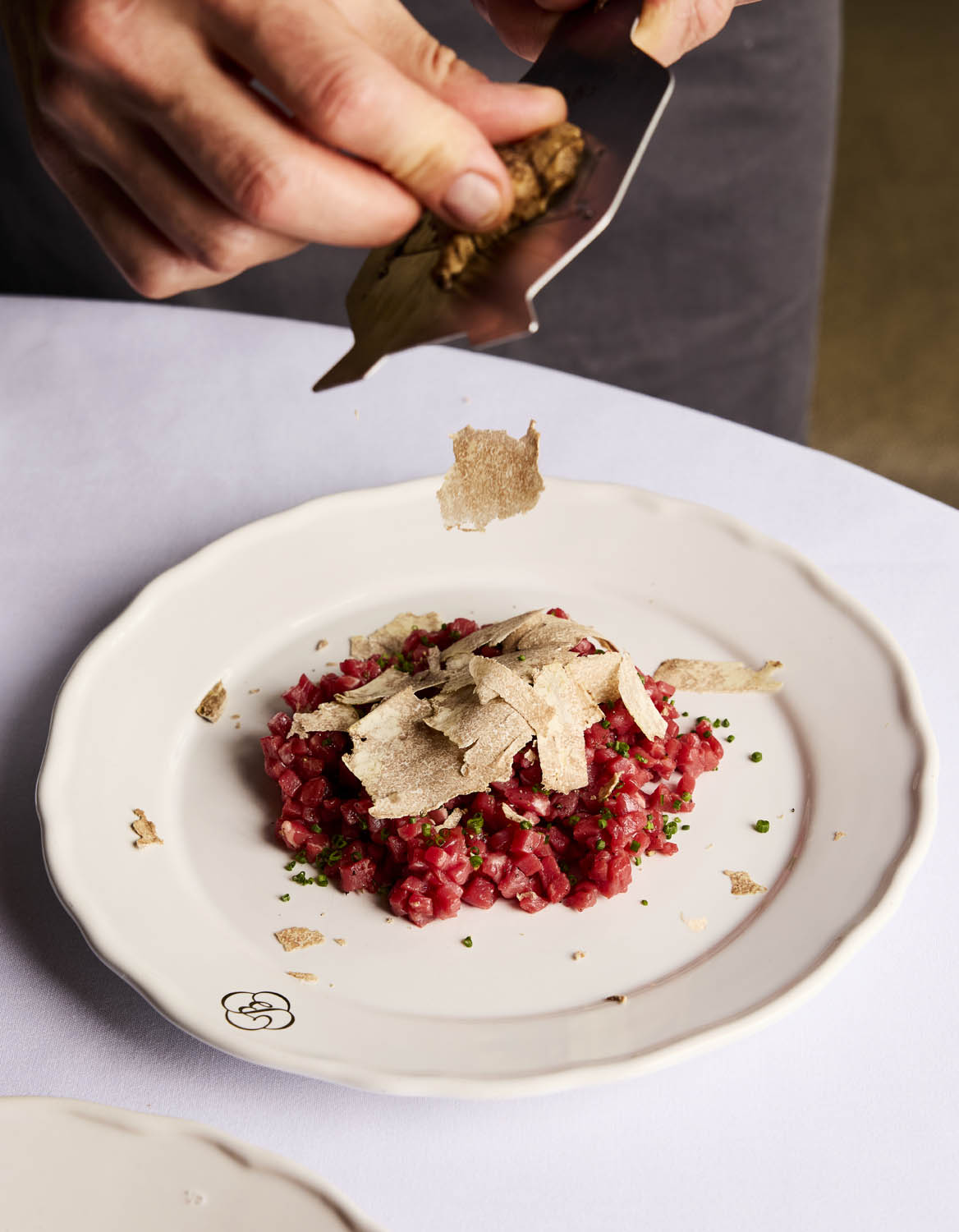Amorim to eradicate TCA by 2020
Head of the world’s largest cork producer, Antonio Amorim, says that his company will have achieved the total eradication of TCA across the billions of corks it produces by 2020.
“We will have a non-detectible TCA guarantee for everything, it’s in our company strategy for 2020; we are working as fast as ever,” he told the drinks business during an interview in Portugal earlier this year.
Such comments were prompted by a discussion about the advent two years ago of NDTech – a pioneering screening system for natural cork, which tests each stopper for TCA, and, as a result, offers customers a ‘non-detectable TCA guarantee’.
Although the new technology is “a game-changer” according to Antonio, it is an expensive solution for a relatively small number of stoppers, and it works to remove any tainted corks from the system, rather than getting rid of the TCA in the first place.
Consequently, he told db that he is financing R&D that will eradicate TCA for all Amorim natural cork stoppers.
“We don’t want to segregate corks that are contaminated, we want to eliminate TCA – that’s what we are planning with our new technology, and we believe it is possible,” he said.
Continuing, he recorded that he has been testing such technology over the past 12 months, noting that initial results are “very positive”, and promised two new prototypes by the end of this month.
Acknowledging that “TCA incidence is lower and lower”, he added, “But we are not here to minimize it, we are here to eradicate it.”
This challenge to remove TCA from cork is greater for whole-piece natural stoppers than it is for cheaper granulated corks, according to Antonio.
“It is much easier to clean the granules [for an agglomerated stopper] than it is for a whole piece natural cork, but we will have an individual guarantee for all the corks we put in the market by 2020,” he promised.
Bearing in mind that Amorim sold 5.4 billion corks in 2017, that is a major claim.
It is, however, a vital development for the company, because Antonio wants to end the focus on the problems connected with natural cork, and start promoting the benefits of sealing a wine with this type of stopper.
Partner Content
“We want to eradicate TCA, and then we can start looking at the positives at cork,” he said.
By way of example, he added, “An oak barrel brings value to a wine, but cork is perceived as potentially causing a problem with your wine, even though a fine claret sealed with a cork is better after six years – why is that?
Continuing, he said, “We are carrying out that line of research, we are focusing on the advantages of natural cork for wines as they age, what positives can a cork impart? How can the cellular structure in a natural cork benefit a wine? We have set up a study to find out the science behind it, that is the next phase.”
As previously reported by db, Amorim’s head of R&D, Dr Miguel Cabral, has shown that cork can bring beneficial phenolics to wine. Furthermore, as discovered early this year, the interaction of wine and phenolics from cork stoppers produces a newly-identified set of compounds that affect a wine’s colour and bitterness – and these are called Corklins.
Read more
COMPOUNDS CALLED CORKLINS FOUND IN CORK-STOPPERED WINES
CORK BRINGS BENEFICIAL PHENOLICS TO WINE





That’d be great if that was cork’s only issue! Using a piece of tree bark to seal a bottle will always be problematic. Let’s move on!
Wouldn’t that be nice.
Belinda, the usage of cork is positive for the environment as it preserves the trees (cork trees will give new cork every 9 years). It doesn’t require any negative treatment in terms of chemicals. It is also very positive as these trees will give better cork if in a natural environment instead of a massive production one so, if for instance you go to Alentejo, in Portugal you will see miles and miles of pure nature with many of these trees – these areas are protected.
So, buying wine with cork is actually helping the environment
Will this guarantee extend to premature oxidation? Many people forget that one of the drivers towards alternative closures here in Australasia was the issue of oxidation.